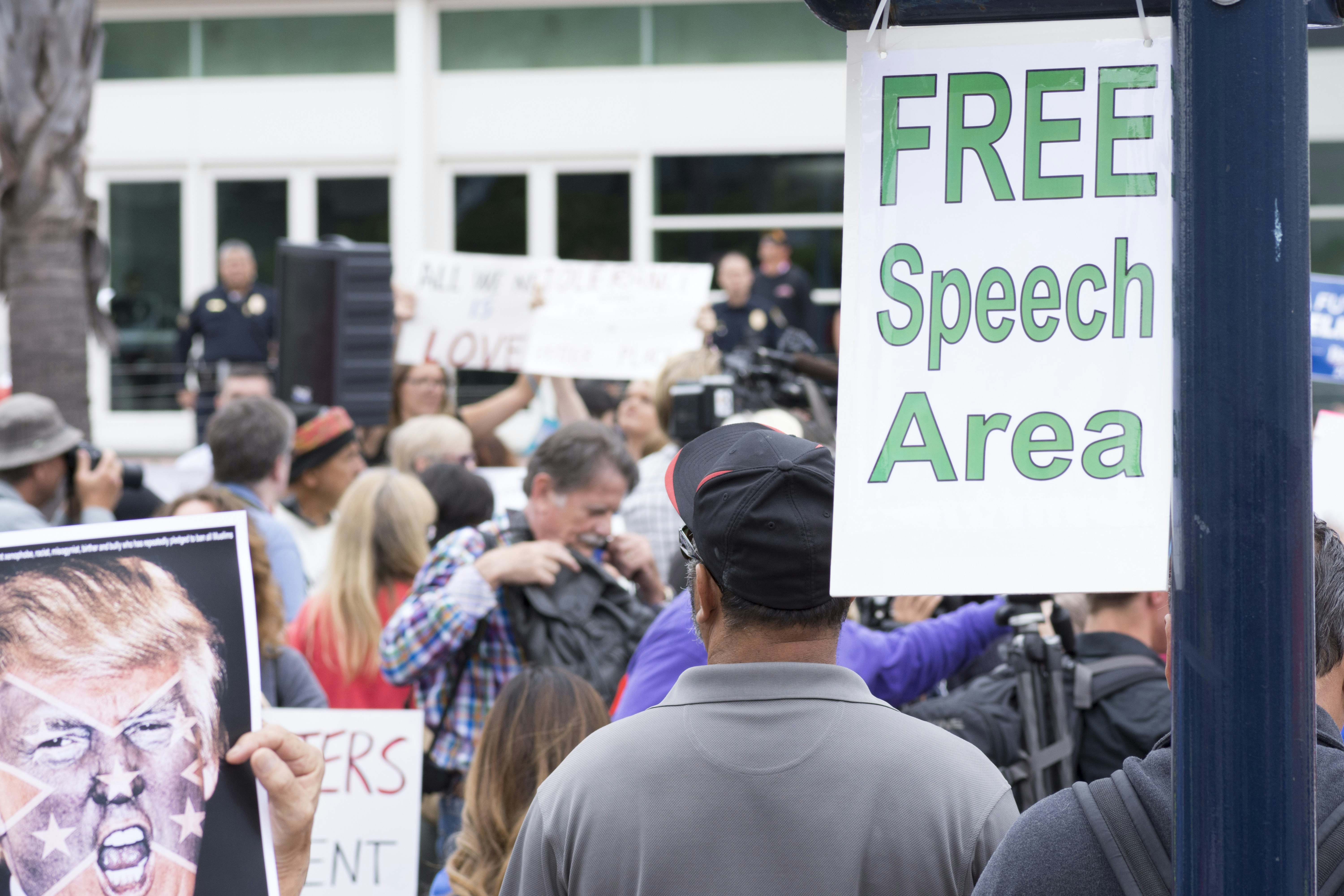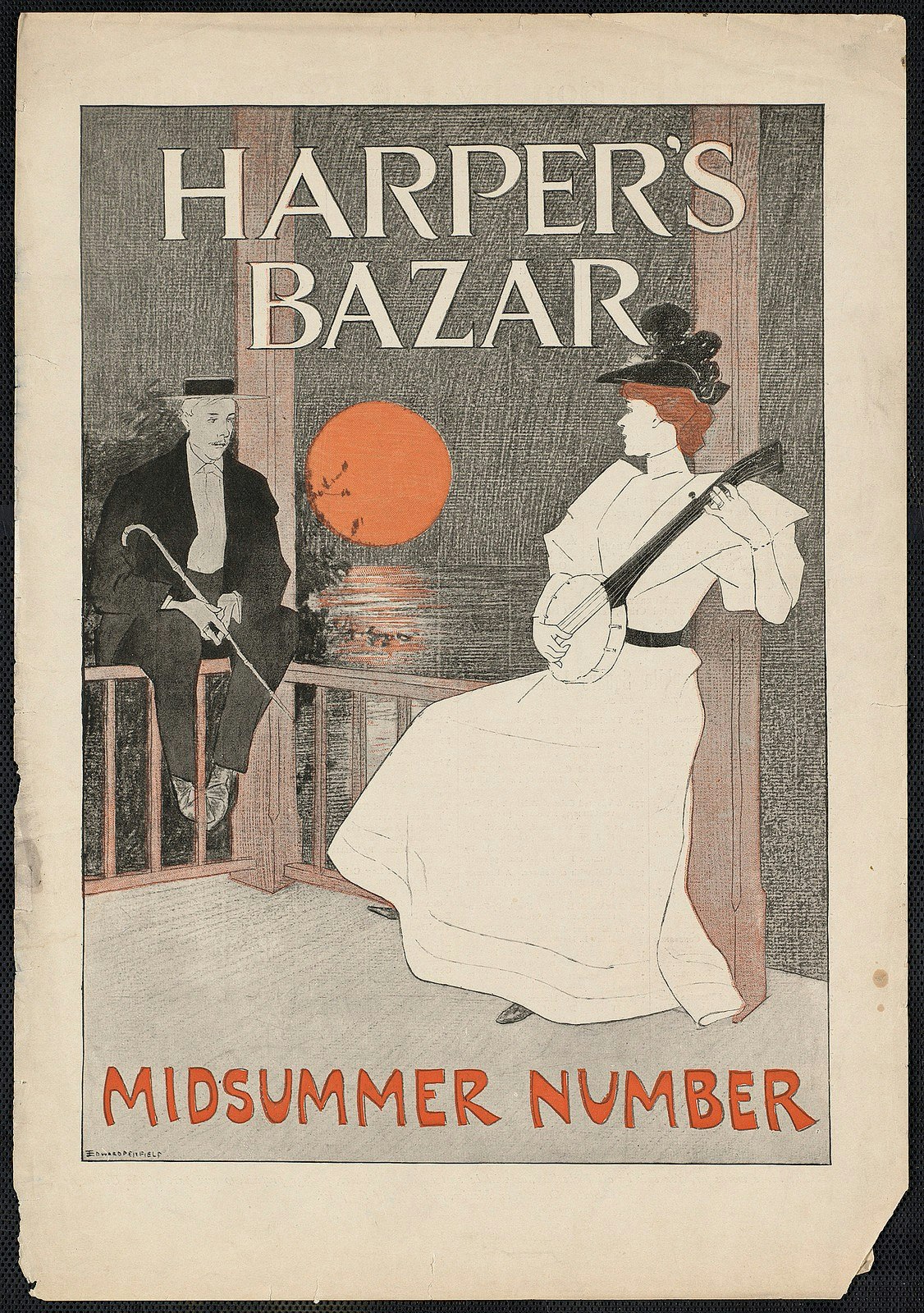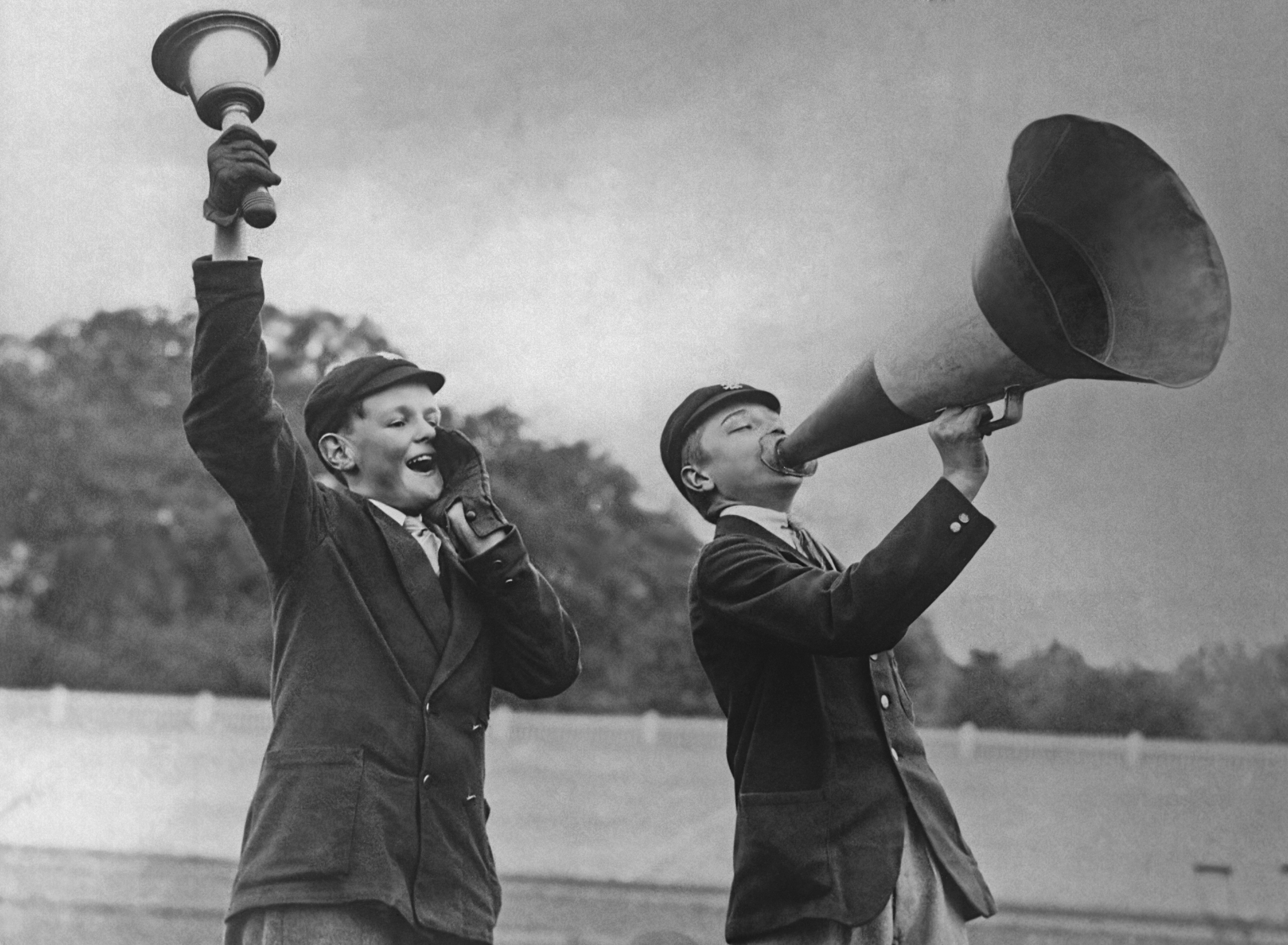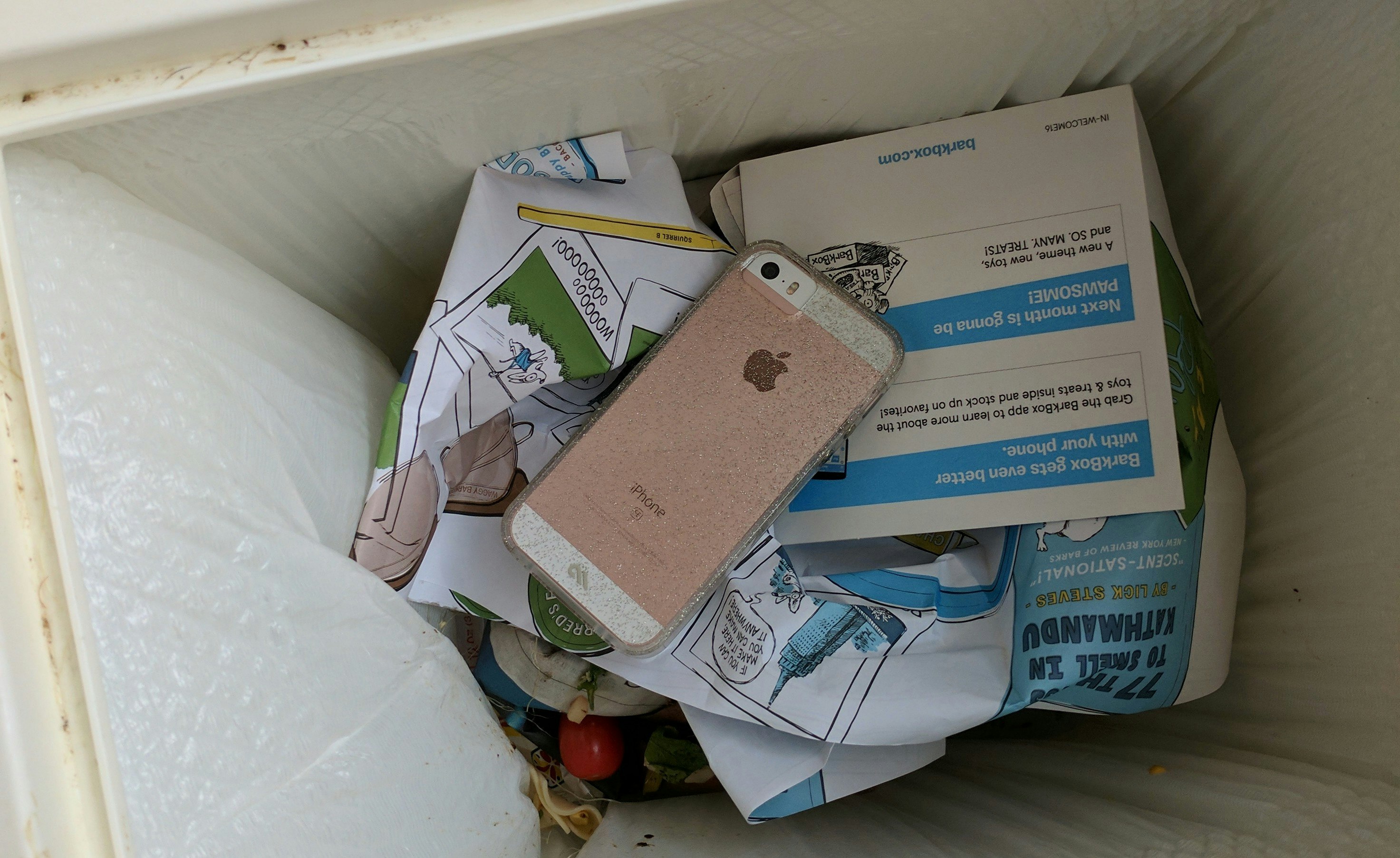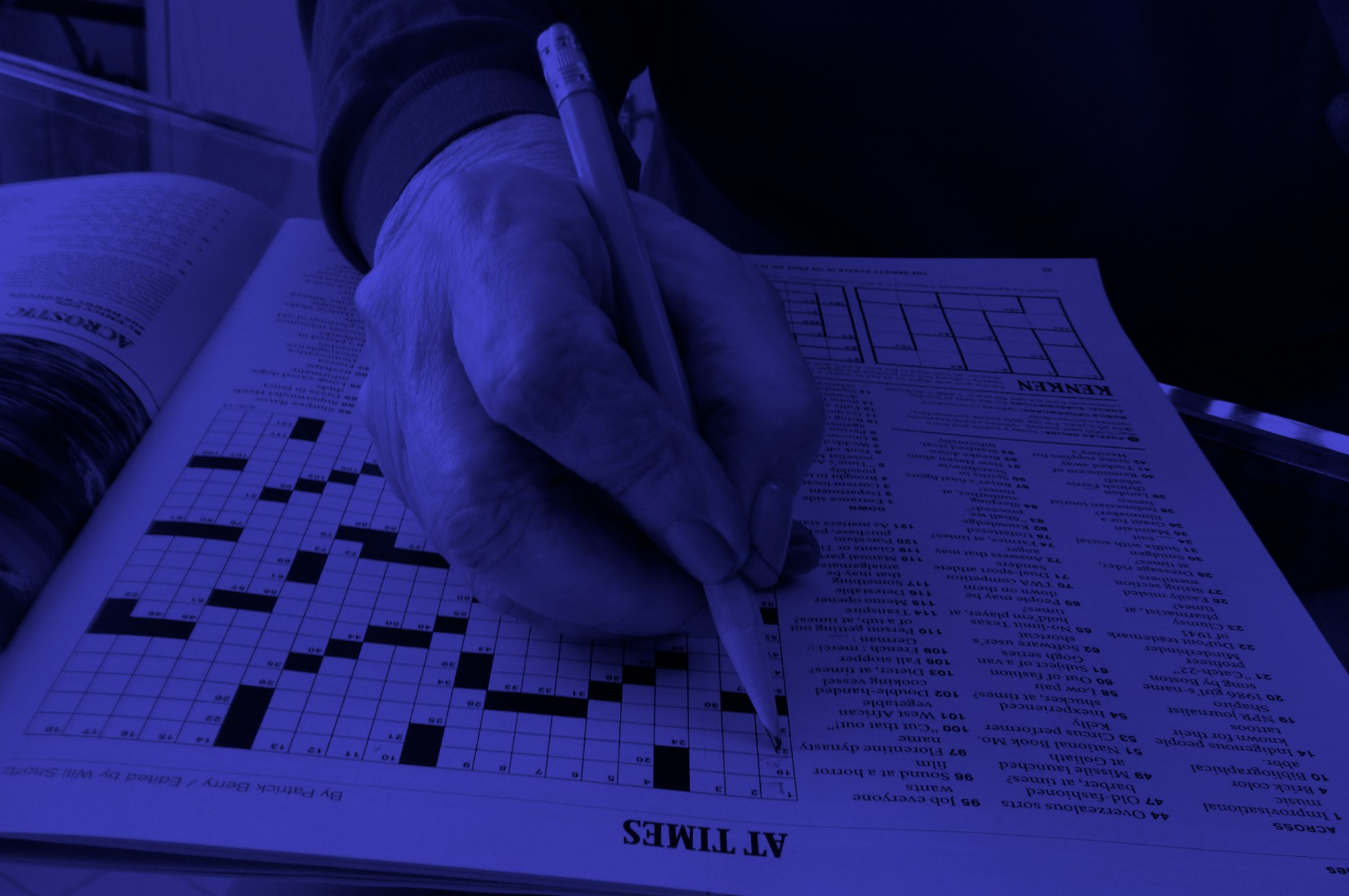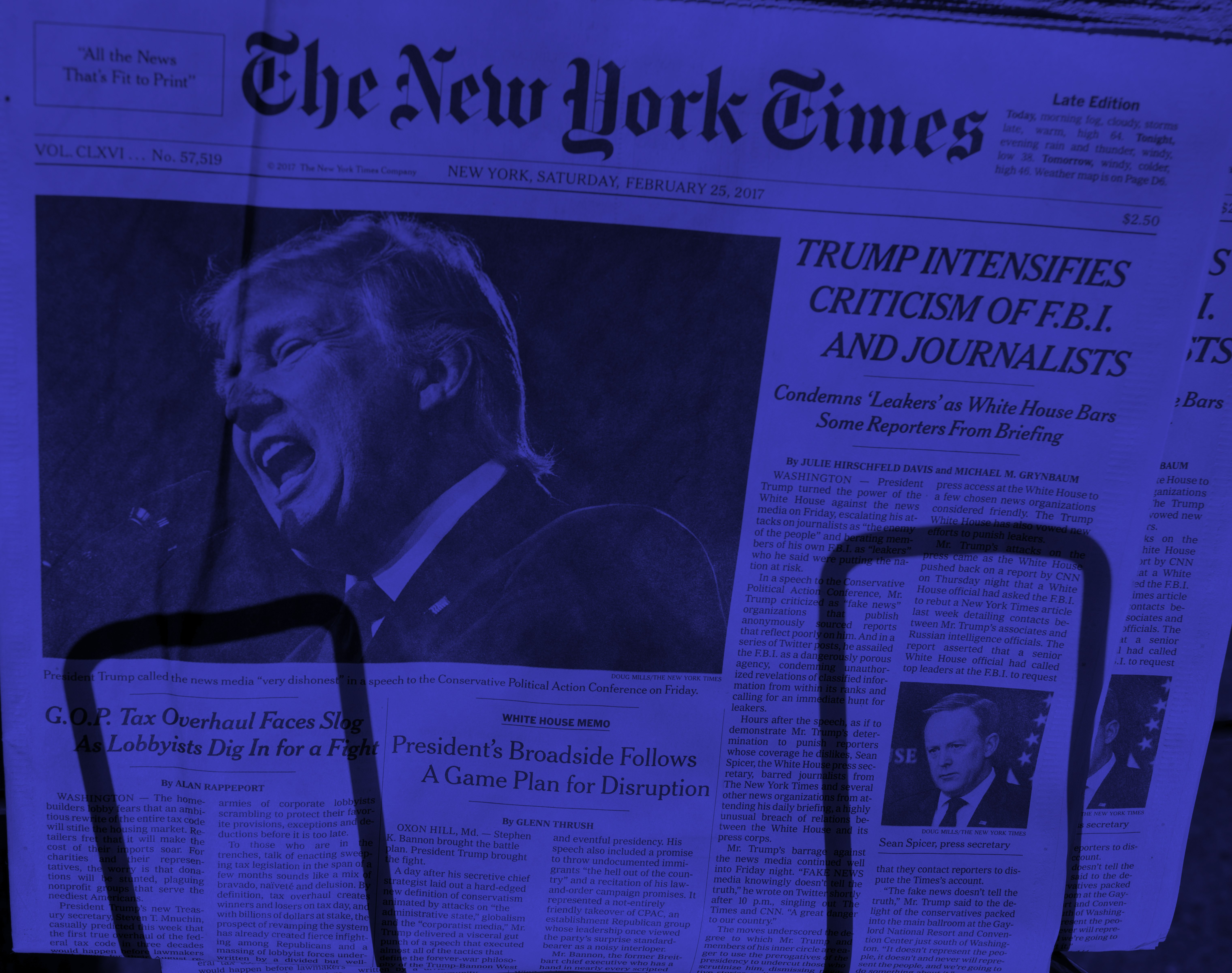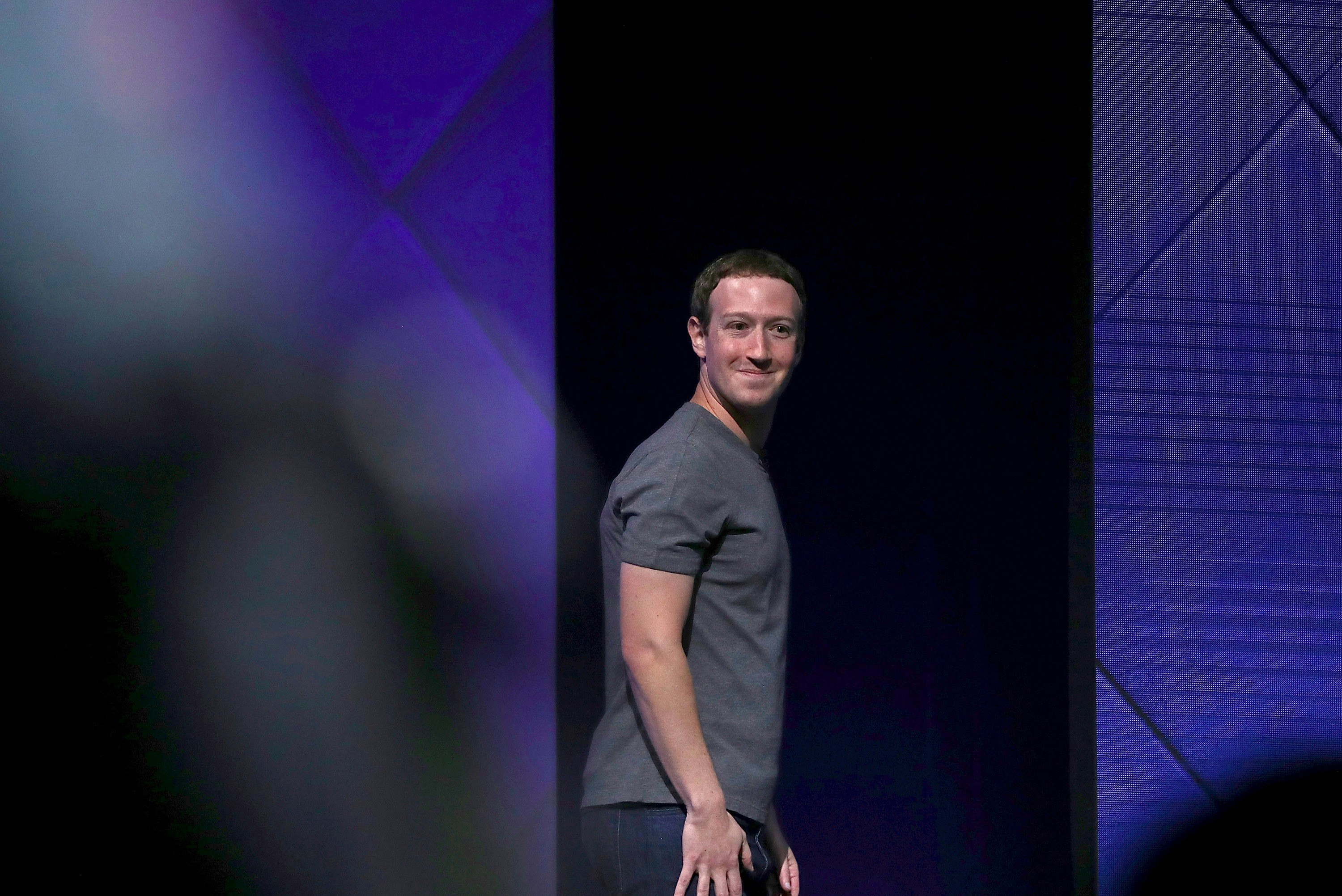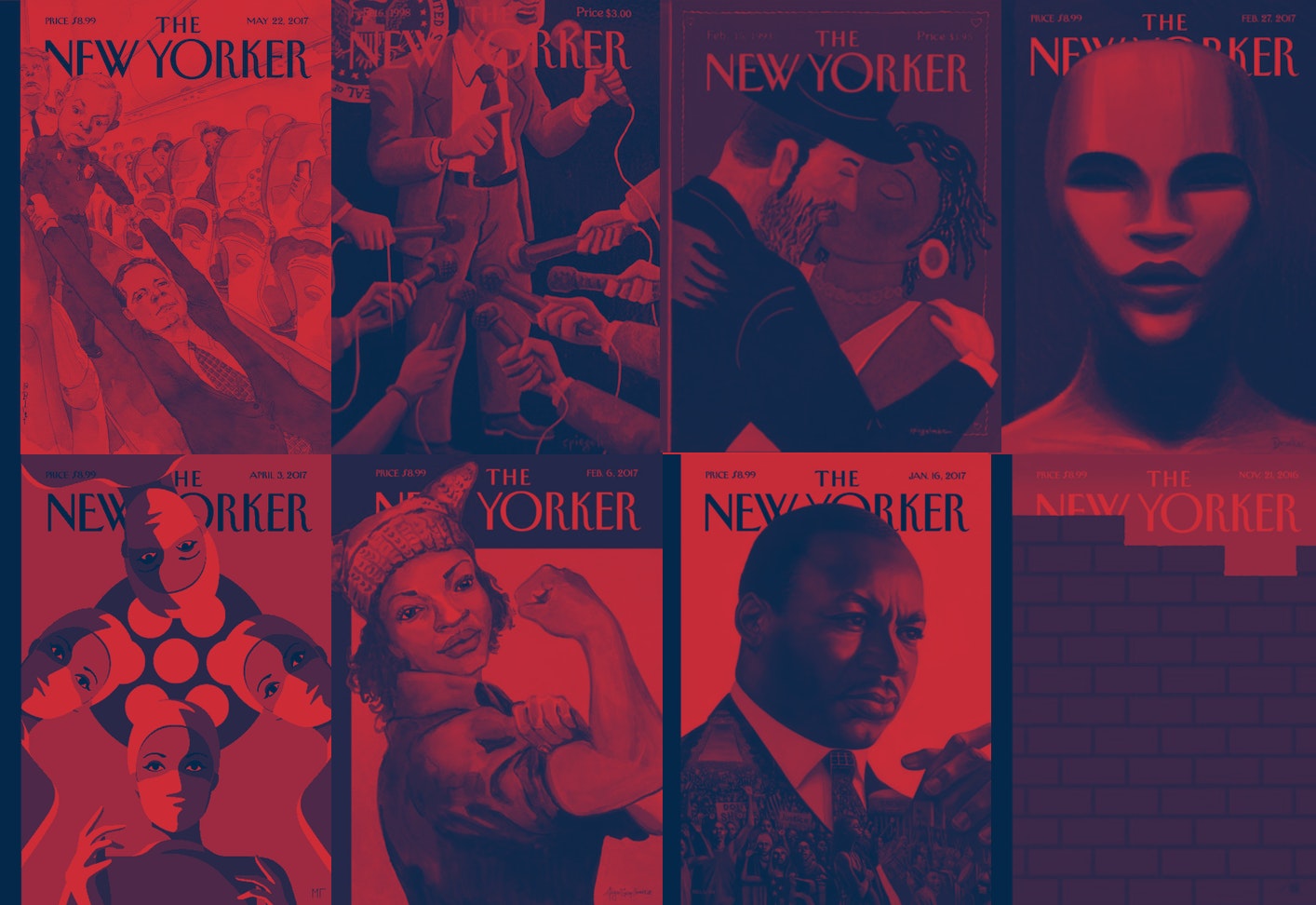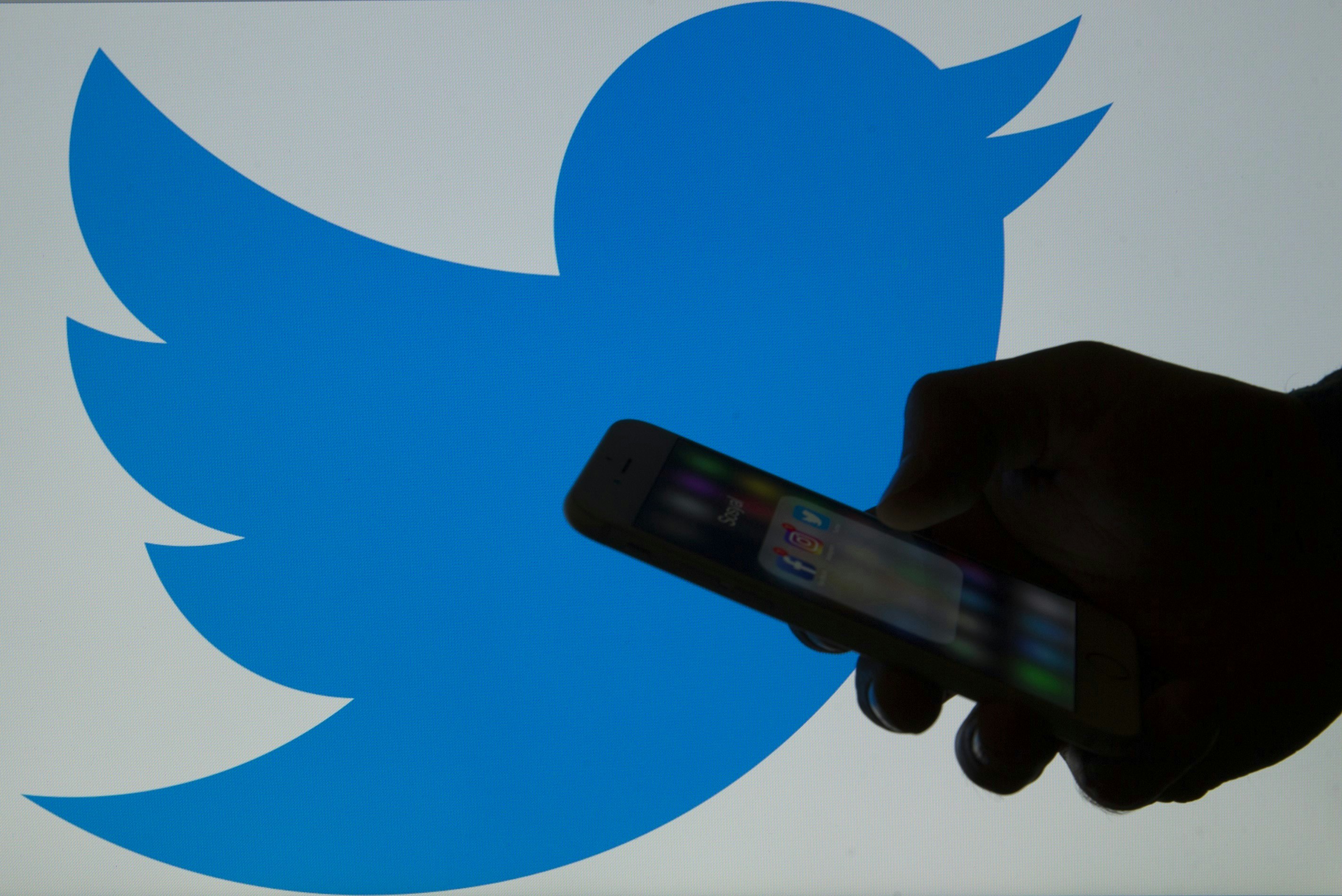The time has come for us to address what is now an urgent matter: The New York Times’ new public editor is very bad.
Yes, at this point the new public editor is not exactly new. Liz Spayd, that is her name, took over for Margaret Sullivan, angel of light, last summer. But I have been giving her some time. I thought maybe she would improve! It’s hard to start a new job, no less fill the shoes of Sullivan, whose tracking of anonymous source use in the Times managed to both delight and surprise. But we must face the facts. The new public editor is bad. Very bad.
The role of “public editor” is a strange one. The person in the job is supposed to serve as an advocate for the readers of whatever publication employs them to be public editor. But in this modern age, it’s hard to define what composes a reader, no less which readers’ concerns deserve to be addressed in the Times, the local paper of New York and also the world. Should CuckBoi420’s online comments be given equal weight as those faxed in by Stan from Cincinnati? What if Stan from Cincinnati is actually three dogs stacked upon each other in a trench coat? When all the journalists on Twitter stop doing the work they’re not doing and start tweeting about how a New York Times article is bad, does that mean the public editor must respond? Who is the public editor for?
Here is the answer: The public editor is mainly for journalists. Journalists like to think that everyone in the world cares about them and what they do; in reality approximately two people care and they are one journalist’s parents. Therefore, journalists are the only ones who really care about what the public editor of The New York Times has to say about a New York Times article because they are huge fucking nerds and Veep doesn’t come back for two weeks so there’s nothing else to talk about. When it comes to “newspaper audience breakdown” (an official metric I learned about in journalism school), “regular” readers matter, but only to ensure a publication’s well-being at a certain level of homeostasis. Younger readers, for all intents and purposes, don’t exist because they are too busy making their own content, most of which is more interesting than what a newspaper with a staff of 1,000 regularly produces. Older readers, the age group most likely to write to a public editor, matter the least because, well, they’re probably not going to be readers for that much longer.
Should CuckBoi420’s online comments be given equal weight as those faxed in by Stan from Cincinnati?
Despite this actuarial calculus, Spayd seems inclined to cater to the concerns of the Times’ most loyal subscribers, aka the elderly, the infirm, and the totally fucking nuts. As a result, her columns tend to interrogate three topics: What areas the Times should and should not cover and how much they should be covered; expletives, and whether they should be printed in the Times, and the burning ethical question of our era: Should Times reporters do tweets that reveal they are humans who sometimes like to make jokes?
This past weekend, Spayd addressed sports coverage in the Times. Apparently her inbox had been filling with complaints from people like “Charles from South Orange, NJ” and “Mark from Yorktown, VA” about how the paper’s sports coverage sucks because it does not employ Mike Francesa and give nitty-gritty score updates every 20 minutes and at the top of the hour (Mark from Yorktown wrote that he looks “to the NYT for adult discussion of sports,” a comment I am still trying to parse). Spayd, who really liked the recent 4,000-word sports feature about bighorn sheep hunting that was so boring I died and came back to life while reading it, nevertheless chides the sports desk for not catering more to the common man and providing play-by-play coverage of Nets games.
As someone who knows very little about sports and doesn’t care to know more, I can get behind Spayd’s conclusion. And this particular column might not seem remarkable if it wasn’t for the fact that Spayd argued against her recommendation for the Sports section in an August item. In that piece, Spayd asked if “the right call” was made at the newspaper in covering a fire in the Bronx that killed two toddlers. “Should resources have been directed to one small fire by a paper trying to cover a city of eight million?” she asked. “More immediately, why should a newsroom that just announced lofty international ambitions spend resources covering news of no interest to readers in Beijing or London?” Well, it might have been more productive to have this conversation when not discussing the unimaginable deaths of two children, but newsrooms aren’t known for their exceptional sensitivity. And maybe less coverage of New York City in a New York City newspaper and more coverage of every moment in a sports game is a good strategy for a newspaper. But if you’re going to start down the “cater to the reader” route, you might as well give the people what they really want: Pictures of celebs before and after they had plastic surgery.
Spayd is truly at her best, however, when she is admonishing reporters for making jokes. Last month, she took to task Sopan Deb, a culture writer for the Times, for tweeting a dog pun. It all started with a tweet by Bow Wow that said, “Ayo @realDonaldTrump shut your punk ass up talking shit about my uncle @SnoopDogg before we pimp your wife and make her work for us.” Deb (allegedly) copy-and-pasted the tweet into the tweet box on his PC and added some commentary of his own: “The outrage from @BreitbarkNews news is going to be through the woof.” I’ll tell you here that Breitbark News is a satirical Twitter account that mocks Breitbart with the use of dog-related puns. So why did these tweets merit a response from Spayd, the public editor of a paper that has thousands of employees and is read by millions of people? Well, apparently they angered a reader named Sean Casey from San Jose, CA. Evidently, because Sean was angered by Deb’s response to Bow Wow’s tweet (which, as a reminder, included a dog-related pun), Spayd decided to launch a Spotlight-level investigation of how, and why, Deb’s tweet happened.
Spayd is truly at her best when she is admonishing reporters for making jokes.
The resulting column is iconic in its uselessness and self-parody. First, Spayd conducted an interview with Deb. “I asked Deb what his intent was in responding to the violent and offensive tweet from Bow Wow. He explained that it was merely meant to be lighthearted, in the spirit of the Breitbark News Twitter feed that survives off canine puns.” She then went to Deb’s boss. “After talking to the writer and the Culture editor, Danielle Mattoon, I came away convinced that Deb’s intentions were innocent, that he was not trying to align himself with the off-color sentiments of a rapper, but merely trying to pull off a pun.” And for the column’s exciting conclusion, Spayd interviewed the paper’s associate managing editor for standards. “Phil Corbett, associate managing editor for standards, said it would have been much wiser for Deb to steer completely clear of the original, offensive tweet — rather than make fun of it.”
Spayd’s cross-examination of Deb reveals itself as particularly egregious and unfair when we recall previous idiotic tweets by Times staffers — for instance, when Dave Itzkoff, a culture reporter, tweeted in November that it “bummed him out” that Mike Pence was booed at a performance of Hamilton, and Maggie Haberman, a political reporter, added in a tweet of her own that the booing indicated a “level of disrespect” for the “VP-elect.” Both of these tweets were met with a hefty wave of venomous liberal outrage on the micro-blogging service; surely Spayd received some emails about them, or witnessed some of the apoplectic tweets (I only follow 13 people (not a brag it’s the only way I stay sane) and I saw them). So why no scolding of Itzkoff or Haberman? Perhaps that’s because respecting authority — despite who that authority may be — is a non-controversial stance for Times employees, unlike aligning oneself “with the off-color sentiments of a rapper.” Hm.
Spayd further reinforces the notion that her job is an exercise in futility when she tries to reckon with the rare instances in which the Times prints swear words. In one column, she took issue with the use of the word “bitch” in the headline of an opinion piece about Hillary Clinton (FYI “bitch” here was used to describe Clinton in the Brooksian sense — Meredith, not David). Spayd wrote: “The word bitch — particularly when it’s lobbed at you across a room or on the street or in social media — is surely intended as crude and demeaning.” I’m no Freudian but I would call this a classic case of “projection.” In another column, she asked Carolyn Ryan, then the paper’s political editor, about all the times swear words were used in stories under her editorship. The resulting transcript reads like an alien talking to a person who has no idea why an alien is interviewing her.
All of this brings me back to the original question: Who is the public editor for? Amid the infuriating banalities Spayd has chosen to cover, there was one very good piece under her byline about newsroom diversity at the Times, and how there isn’t any. Here Spayd truly spoke truth to power — i.e. she told world and, by extension, the small family of men that runs the Times that their paper is terrible at hiring and retaining people who are not white male Harvard graduates or, more broadly, white men who went to other colleges. This is not a problem unique to the Times; it is an industry-wide affliction that could fill the inches of 1,000 public-editor pieces. This column was effective because for once, Spayd wasn’t addressing an inane question mailed in by Chester from Topeka, but actually reporting on an issue of great consequence at the most prestigious journalistic outlet in the world. And if a news outlet like the Times is going to use precious funds to pay someone to be an ombudsman in 2017, let them serve the readers with actual journalism, rather than trivial matters rooted in insipid debates about respectability.
Get Leah Letter in your inbox.








